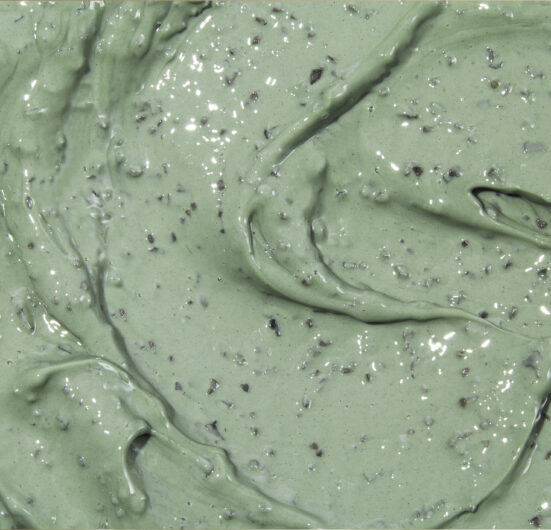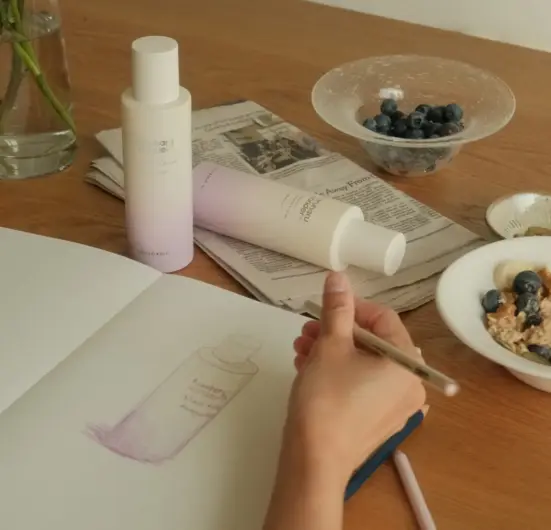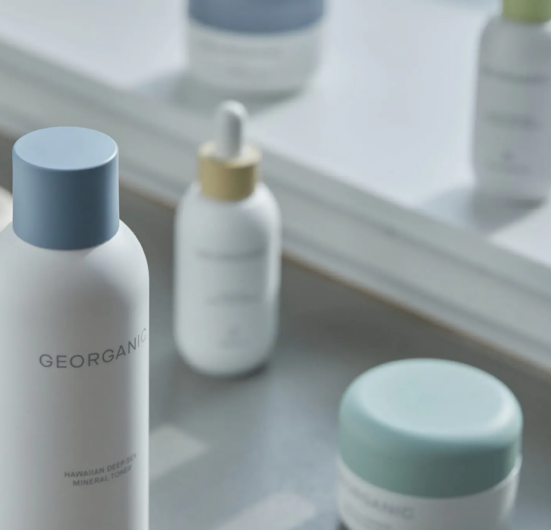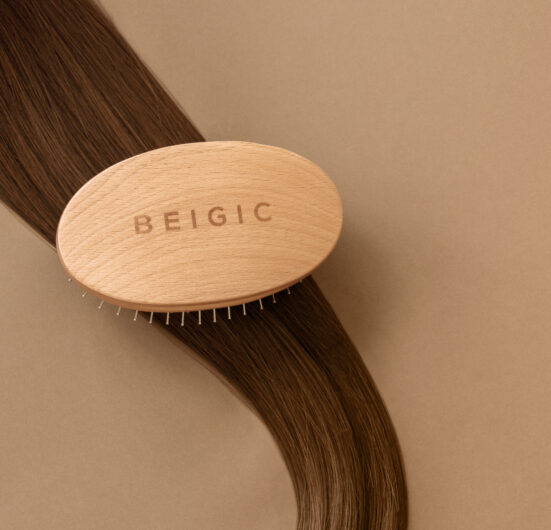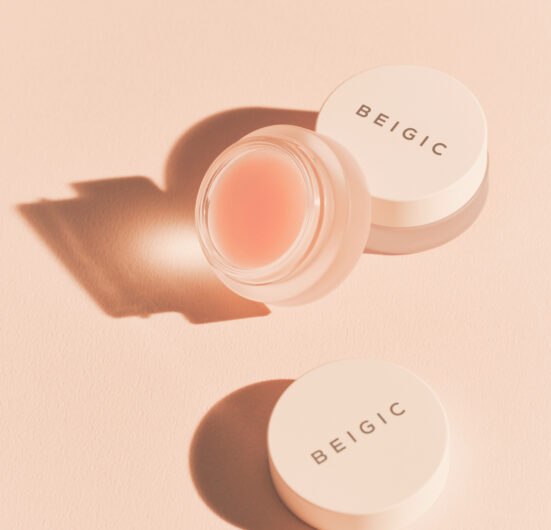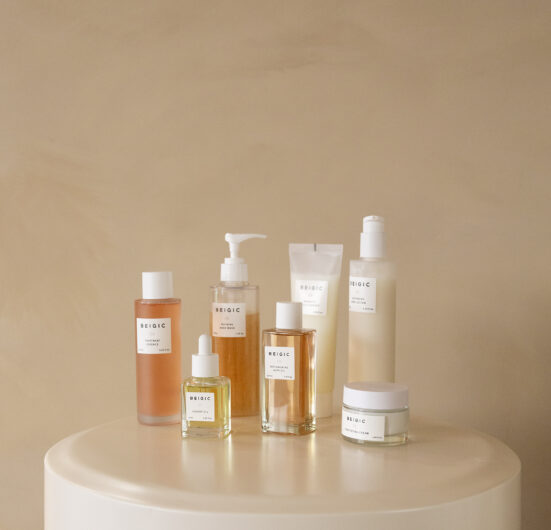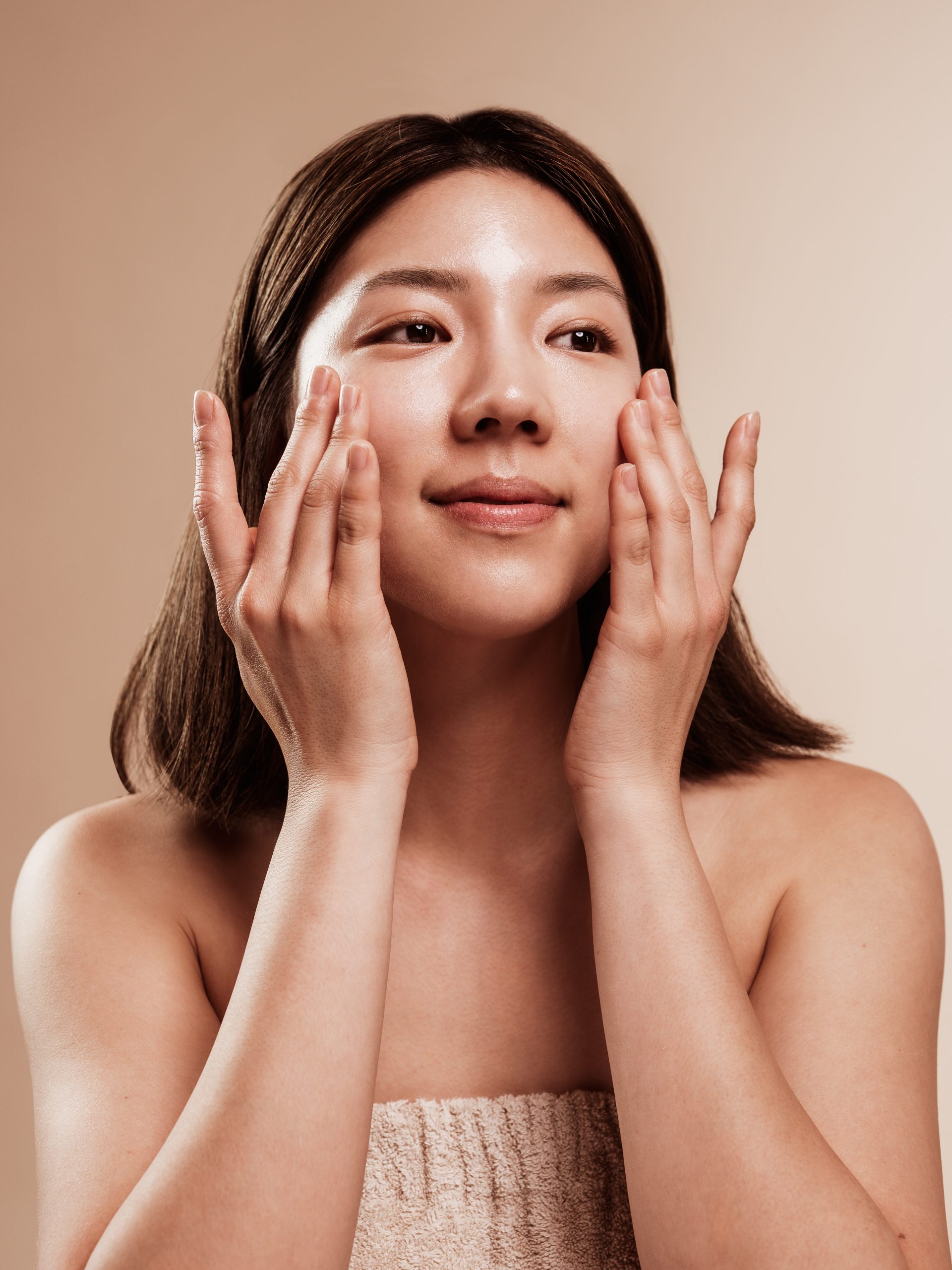Skincare
July 17, 2024
What is Korean Cosmetics and Why is It So Popular?
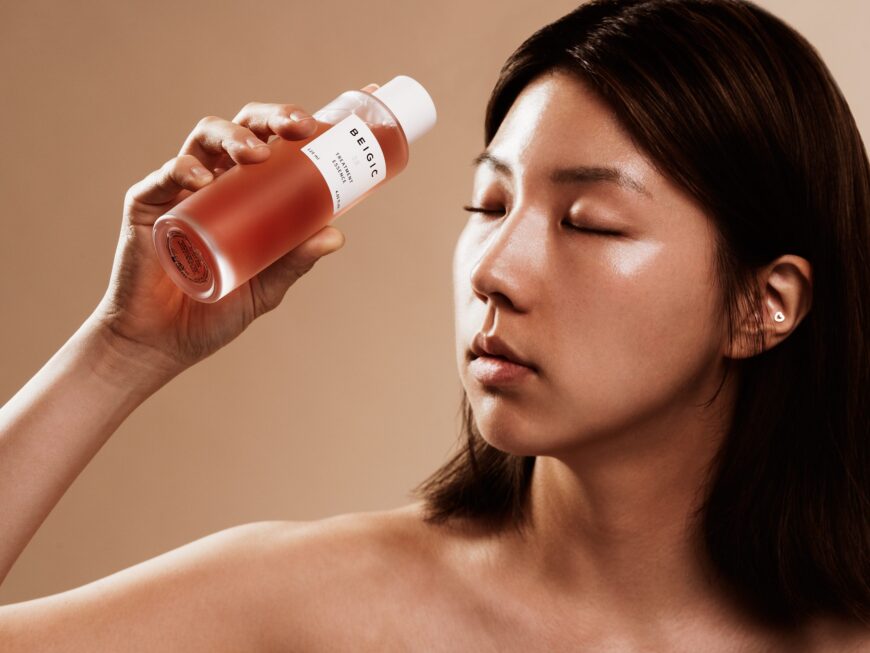
Korean cosmetics, also known as K-Beauty, have become a global phenomenon due to their unique skincare philosophy, which focuses on deep hydration, multiple skincare steps, and high-quality natural ingredients. If you’re new to Korean cosmetics, this blog will help you understand what they are and why they are considered some of the best in the world.
Table of Content
- What is Korean Cosmetics?
- History of Korean Cosmetics
- Why is Korean Cosmetics Unique?
- Skincare as a Ritual
- Best Korean Cosmetics
What is Korean Cosmetics?
Korean cosmetics encompass a wide range of skincare products, from cleansing and toning to moisturizing and protecting. Their holistic approach to skincare sets Korean cosmetics apart, emphasizing long-term results and skin health rather than just temporary beautification. Korean cosmetics provide a simple and enjoyable approach to skincare, where each step becomes a poetic self-care ritual. And the result? We all strive for a healthy glow, proving we care for our skin correctly.
History of Korean Cosmetics
To understand why Korean cosmetics are so unique, it is helpful to look at their
history. Korean skincare has a long tradition that dates back thousands of years.
Traditional Korean skincare uses natural ingredients such as mung beans, herbal
oils, and herbs to maintain skin health and beauty. The philosophy of cosmetics and
methods of use were constantly influenced by cultural periods such as the Three
Kingdoms, Goryeo, and Joseon dynasties, each bringing unique advancements.
In modern times, Korea has become a leader in innovative skincare, combining
natural elements with technologically advanced scientific methods. The industry
focuses on holistic and ethical beauty today, reflecting a global shift towards clean
and vegan products.
Why is Korean Cosmetics Unique?
1. Deep Hydration
Hydration is vital to Korean skincare. Korean products are formulated to penetrate deeply into the skin, providing intense hydration that helps keep the skin youthful and elastic. Popular ingredients such as hyaluronic acid, glycerin, and various plant extracts are known for their moisturizing properties. Hyaluronic acid, for example, can hold up to 1000 times its weight in water, making it an extremely effective moisturizing agent.
2. Multi-Step Skincare Routine
The Korean skincare regimen often involves ten or more steps, including cleansing, toning, essences, serums, masks, and creams. Each step has its specific role, from cleansing and preparing the skin to deep hydration and protection. Although it may seem complicated, this method allows precise targeting of different skin needs.
3. Flexibility
Despite being known for multiple steps, the regimen can be adjusted for those with less time. Even a shortened routine with critical products can be just as effective. For example, a basic routine might consist of cleansing, toning, moisturizing, and sun protection, providing your skin with everything it needs in a few simple steps.
4. Innovation
The Korean cosmetics industry is known for its rapid pace of innovation. Korean cosmetic manufacturers are constantly developing new formulas and technologies for skincare. Examples include BB and CC creams, cushion compacts, sheet masks, and essences. Due to their effectiveness and convenience, these products have quickly conquered the global market.
5. Natural Ingredients
Many Korean skincare products use natural ingredients such as green tea, aloe vera, ginseng, rice extract, and honey. These ingredients are known for their benefits for the skin, including antioxidant, soothing, and moisturizing properties. Natural ingredients reduce the risk of irritation and allergic reactions, making these cosmetics suitable for all skin types.
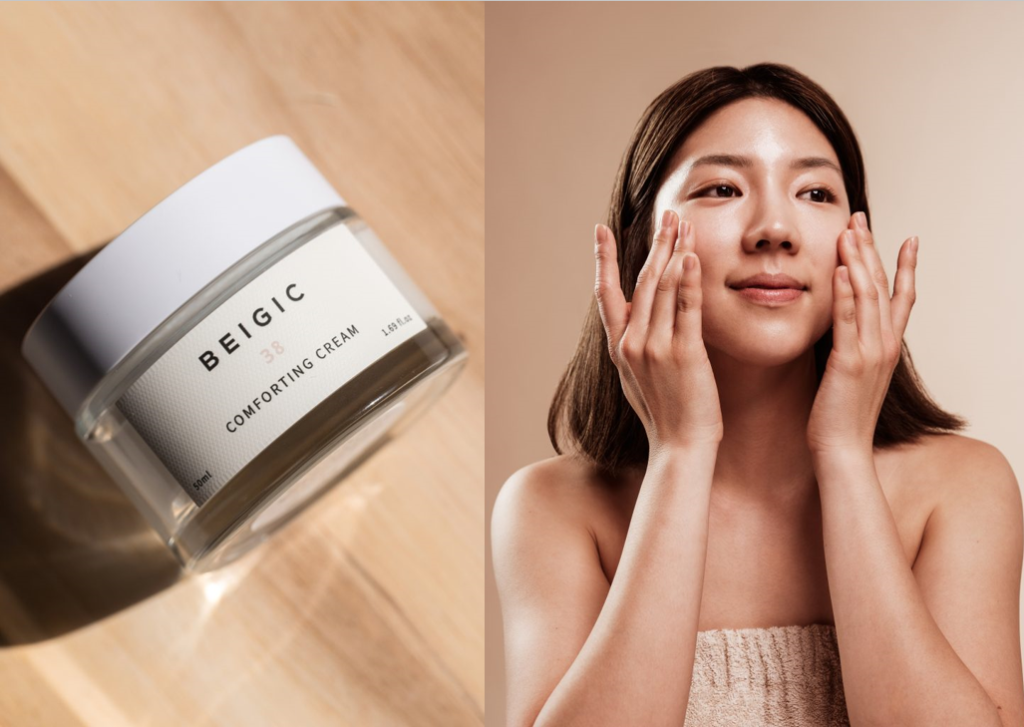
Skincare as a Ritual
The fast pace of everyday life often leaves us little time for self-care. Korean skincare provides the perfect excuse to slow down, take time for yourself, and enjoy the moment. Each step in the Korean skincare routine can be seen as a small ritual that connects us with our body and mind.
1. Cleansing: Purity and Refreshment
Cleansing is the first step in Korean skincare. The Korean regimen often uses double cleansing, which includes an oil cleanser to remove makeup and oil-based impurities and a water-based cleanser to remove remaining impurities and excess oil. This approach ensures thorough cleansing without drying out the skin, leaving the face completely clean and ready to absorb all the important ingredients from the products applied in the next steps.
2. Toning: Restoration and Preparation
After cleansing, toning follows. Toners help restore the skin’s natural pH balance, hydrate and prepare the skin to absorb the following products. Korean toners often contain moisturizing ingredients such as hyaluronic acid and aloe vera. Applying toner with a cotton pad or tapping it with your fingers on the face can be soothing and refreshing, providing a feeling of renewal.
3. Essences and Serums: Intensive Care and Luxurious Moments
Essences and serums contain high concentrations of active ingredients that target specific skin issues, such as hydration, brightening, anti-aging, or pore reduction. Essences are lighter and used before serums, while serums are thicker and often used in smaller amounts.
4. Masks: A Moment of Relaxation
Masks, especially sheet masks, are famous for their ability to provide intense skin care in a short time. Masks are usually used once or twice a week, and the choice of mask depends on your skin’s current needs. There are masks for hydration, brightening, soothing, and many others. A short break with a mask on your face can be the perfect opportunity for relaxation and meditation, enjoying the scent and
texture of the product, and deep breathing.
5. Moisturization: Locking in Moisture and Protection
Moisturizing creams are essential for locking in moisture in the skin. Korean moisturizers come in different textures, from light gels to rich creams, to suit different skin types. Moisturizers contain ingredients that help retain moisture and strengthen the skin barrier. Applying moisturizer can be the final step of your skincare ritual, leaving you with peace and fulfillment.
6. Sun Protection: Caring for Your Skin’s Future
Sun protection is an indispensable part of Korean skincare. Sunscreens protect the skin from harmful UV rays that can cause premature aging and damage. Korean sunscreens are known for their light texture and high effectiveness. Applying sunscreen every morning is an act of self-love and care for the future of your skin.
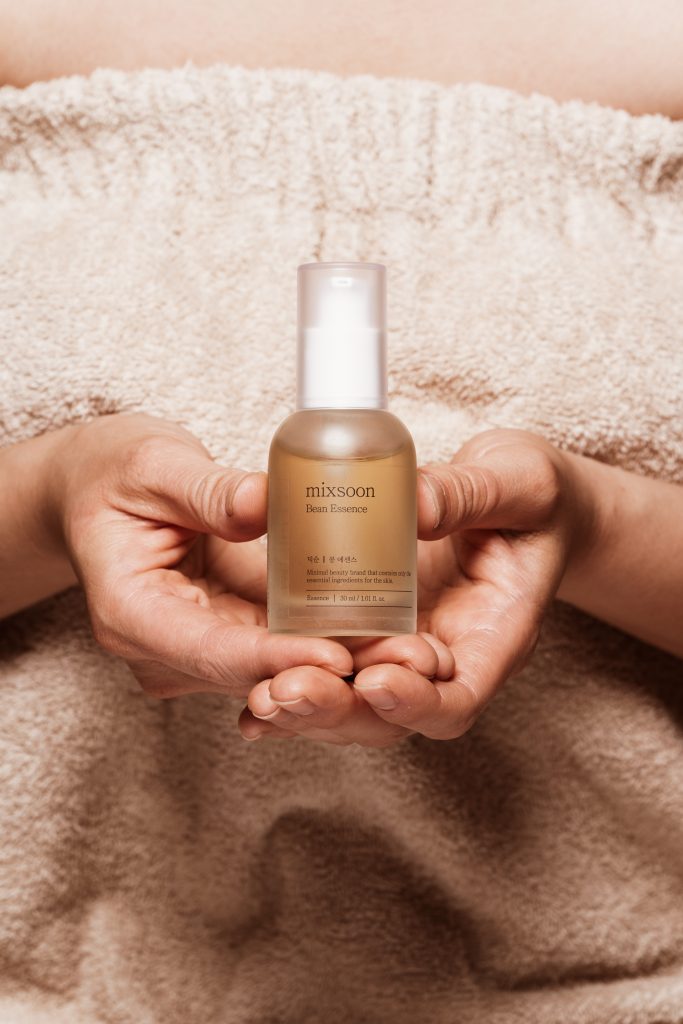
Best Korean Cosmetics
Choosing the best products depends on your skin type and specific needs. Here are
some products that have gained cult status in the world of Korean cosmetics:
- Cleansers: Korean cleansers are known for their gentleness and effectiveness. They help remove impurities and prepare the skin for better absorption of other products.
Divote Recommendation: Needly Mild Deep Cleansing Oil - Essences and Serums: These products contain high concentrations of active ingredients and target specific issues, such as hydration, skin brightening, or anti-aging effects.
Divote Recommendation: Beigic Treatment Essence - Masks: Korean sheet masks have become popular worldwide because they provide intensive skincare in a short time.
Divote Recommendation: Beigic Luminous Hydrating Sheet Mask
Korean cosmetics offer innovative products and techniques that can transform your skincare routine. Whether you’re ready for ten steps or prefer a more straightforward approach, the philosophy of Korean cosmetics offers something for everyone. Give your skin the best possible care and discover why Korean cosmetics are so special and why they are not just a trend, but a skincare philosophy that emphasizes the
importance of skin health and long-term care. Through a combination of innovative ingredients, methods, and modern technologies, it has won our hearts too.
Therefore, at Divote, inspired by the deeply rooted philosophy of Korean beauty, we strive to go beyond the superficial and generic approach to beauty. We embrace a life based on Korean principles of balance and harmony, nurturing a positive way of thinking and living.

